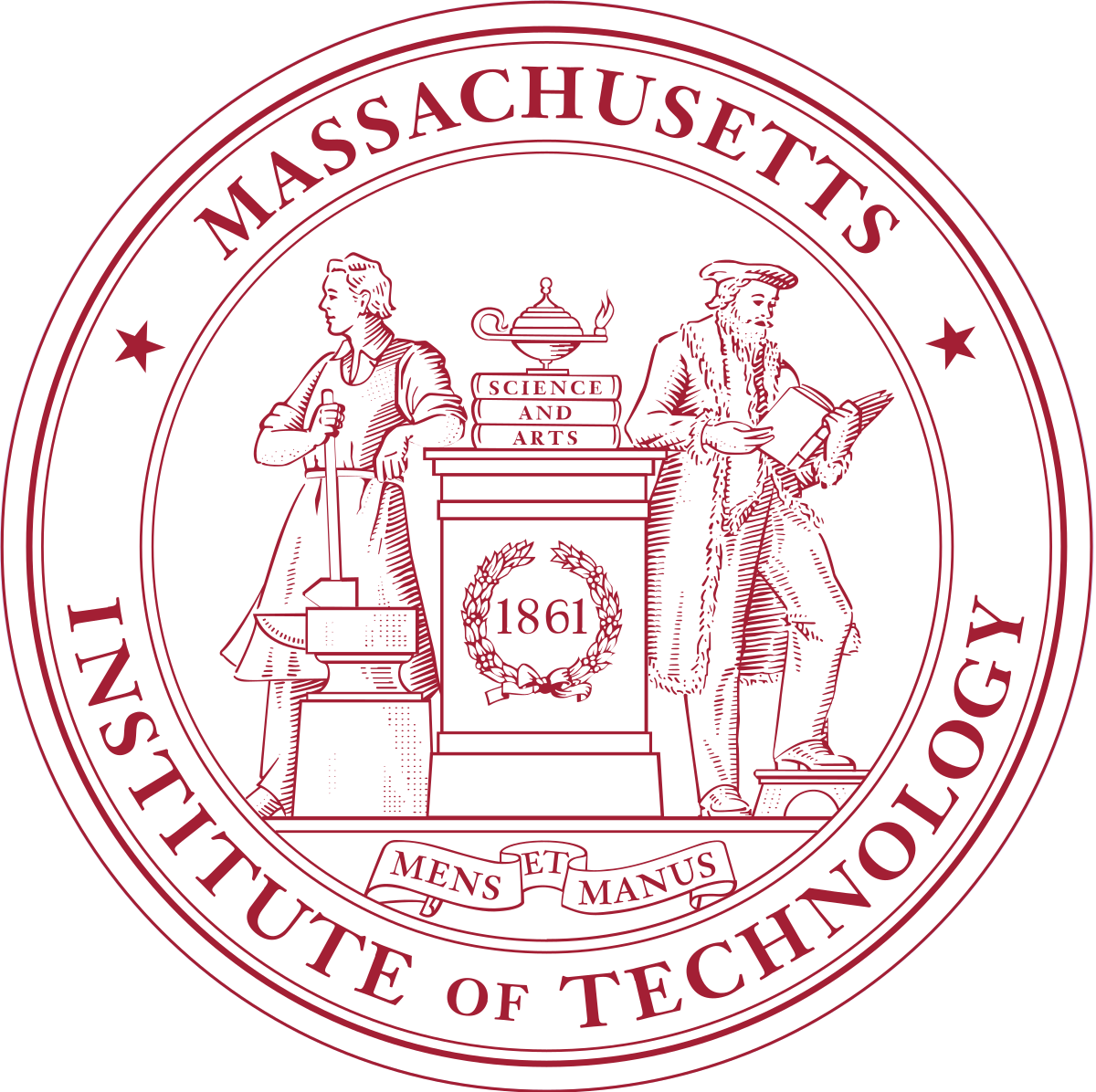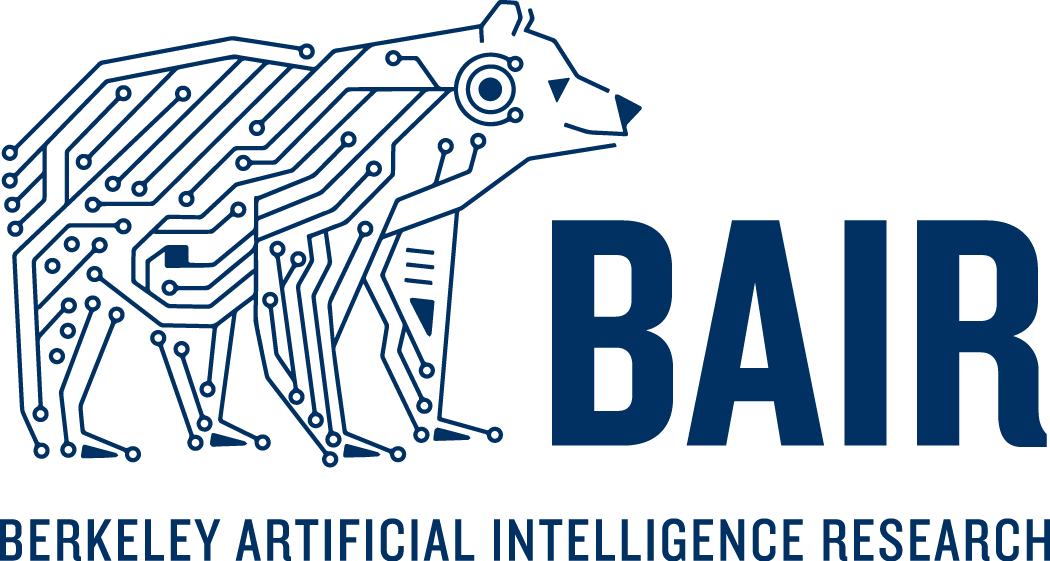Course Description This course provides a broad introduction to machine learning and statistical pattern recognition. Topics include: supervised learning (generative/discriminative learning, parametric/non-parametric learning, neural networks, support vector machines); unsupervised learning (clustering, dimensionality reduction, kernel methods); learning theory (bias/variance tradeoffs, practical advice); reinforcement learning and adaptive control. The course will also discuss recent applications of machine learning, such as to robotic control, data mining, autonomous navigation, bioinformatics, speech recognition, and text and web data processing.
Natural language processing (NLP) or computational linguistics is one of the most important technologies of the information age. Applications of NLP are everywhere because people communicate almost everything in language: web search, advertising, emails, customer service, language translation, virtual agents, medical reports, politics, etc. In the last decade, deep learning (or neural network) approaches have obtained very high performance across many different NLP tasks, using single end-to-end neural models that do not require traditional, task-specific feature engineering. In this course, students will gain a thorough introduction to cutting-edge research in Deep Learning for NLP. Through lectures, assignments and a final project, students will learn the necessary skills to design, implement, and understand their own neural network models, using the Pytorch framework.
Note: 2019 lectures by Anand Avati are better and have review of concepts for first lectures.
Complex data can be represented as a graph of relationships between objects. Such networks are a fundamental tool for modeling social, technological, and biological systems. This course focuses on the computational, algorithmic, and modeling challenges specific to the analysis of massive graphs. By means of studying the underlying graph structure and its features, students are introduced to machine learning techniques and data mining tools apt to reveal insights on a variety of networks. Topics include: representation learning and Graph Neural Networks; algorithms for the World Wide Web; reasoning over Knowledge Graphs; influence maximization; disease outbreak detection, social network analysis.
Computer Vision has become ubiquitous in our society, with applications in search, image understanding, apps, mapping, medicine, drones, and self-driving cars. Core to many of these applications are visual recognition tasks such as image classification, localization and detection. Recent developments in neural network (aka “deep learning”) approaches have greatly advanced the performance of these state-of-the-art visual recognition systems. This course is a deep dive into the details of deep learning architectures with a focus on learning end-to-end models for these tasks, particularly image classification. During the 10-week course, students will learn to implement and train their own neural networks and gain a detailed understanding of cutting-edge research in computer vision. Additionally, the final assignment will give them the opportunity to train and apply multi-million parameter networks on real-world vision problems of their choice. Through multiple hands-on assignments and the final course project, students will acquire the toolset for setting up deep learning tasks and practical engineering tricks for training and fine-tuning deep neural networks.
Overview of supervised learning, with a focus on regression and classification methods. Syllabus includes: linear and polynomial regression, logistic regression and linear discriminant analysis; cross-validation and the bootstrap, model selection and regularization methods (ridge and lasso); nonlinear models, splines and generalized additive models; tree-based methods, random forests and boosting; support-vector machines; Some unsupervised learning: principal components and clustering (k-means and hierarchical). Computing is done in R, through tutorial sessions and homework assignments. This math-light course is offered via video segments (MOOC style), and in-class problem solving sessions. Prerequisites: first courses in statistics, linear algebra, and computing.
Tibshirani Course website - 2018 awesome ISLR course videos
This course aims to provide an iterative framework for developing real-world machine learning systems that are deployable, reliable, and scalable.
It starts by considering all stakeholders of each machine learning project and their objectives. Different objectives require different design choices, and this course will discuss the tradeoffs of those choices.
Students will learn about data management, data engineering, feature engineering, approaches to model selection, training, scaling, how to continually monitor and deploy changes to ML systems, as well as the human side of ML projects such as team structure and business metrics. In the process, students will learn about important issues including privacy, fairness, and security.
An introduction to the concepts of 2D and 3D computer vision. Topics include: low-level image processing methods such as filtering and edge detection; segmentation and clustering; optical flow and tracking; recognition; shape reconstruction from stereo, motion, texture, and shading; and recent developments in deep learning. Throughout the course, we also look at aspects of human vision and perception that guide and inspire computer vision techniques.
https://www.cs.princeton.edu/courses/archive/fall19/cos429/
Computer Vision has become ubiquitous in our society, with applications in search, image understanding, apps, mapping, medicine, drones, and self-driving cars. Core to many of these applications are visual recognition tasks such as image classification and object detection. Recent developments in neural network approaches have greatly advanced the performance of these state-of-the-art visual recognition systems. This course is a deep dive into details of neural-network based deep learning methods for computer vision. During this course, students will learn to implement, train and debug their own neural networks and gain a detailed understanding of cutting-edge research in computer vision. We will cover learning algorithms, neural network architectures, and practical engineering tricks for training and fine-tuning networks for visual recognition tasks.
Excellent course and essentially an updated version of Stanford CS231n.
Introduction to machine learning for pattern classification, regression analysis, clustering, and dimensionality reduction. For each category, fundamental algorithms, as well as selections of contemporary, current state-of-the-art algorithms, are being discussed. The evaluation of machine learning models using statistical methods is a particular focus of this course. Statistical pattern classification approaches, including maximum likelihood estimation and Bayesian decision theory, are compared and contrasted to algorithmic and nonparametric approaches. While fundamental mathematical concepts underlying machine learning and pattern classification algorithms are being taught, the practical use of machine learning algorithms using open source libraries from the Python programming ecosystem will be of equal focus in this course.
Sebastian also has an excellent textbook info
Linear algebra concepts are key for understanding and creating machine learning algorithms, especially as applied to deep learning and neural networks. This course reviews linear algebra with applications to probability and statistics and optimization–and above all a full explanation of deep learning.
Taught by Gil Strang! - Also 💙 the intro linear algebra course with Strang
6.824 is a core 12-unit graduate subject with lectures, readings, programming labs, an optional project, a mid-term exam, and a final exam. It will present abstractions and implementation techniques for engineering distributed systems. Major topics include fault tolerance, replication, and consistency. Much of the class consists of studying and discussing case studies of distributed systems.
Pretty high level view of DL.
The class provides a first introduction to the design of digital circuits and computer architecture. It covers technical foundations of how a computing platform is designed from the bottom up. It introduces various execution paradigms, hardware description languages, and principles in digital design and computer architecture. The focus is on fundamental techniques employed in the design of modern microprocessors and their hardware/software interface.
course website YouTube Playlist
Over the past ten years advances in optimization, in probabilistic reasoning, and in machine learning have had a large impact in robotics, with many of the current state-of-the-art algorithms heavily relying on these tools. At the same time these three tools have wide applicability in many other fields. The current curriculum of CS287 is centered around these three tools---making it both a treatment of these tools (in the context of a specific application domain, namely robotics), as well as a treatment of the state of the art in (algorithmic) robotics. Problem sets are a mix of mathematical/algorithmic questions and programming problems. There is a substantial final project. NOTE: This course is about algorithms for robotics, and does not cover hardware aspects. PREREQS: Familiarity with mathematical proofs, probability, algorithms, linear algebra; ability to implement algorithmic ideas in code.
Multimodal machine learning (MMML) is a vibrant multi-disciplinary research field which addresses some of the original goals of artificial intelligence by integrating and modeling multiple communicative modalities, including linguistic, acoustic, and visual messages. With the initial research on audio-visual speech recognition and more recently with language & vision projects such as image and video captioning, this research field brings some unique challenges for multimodal researchers given the heterogeneity of the data and the contingency often found between modalities. This course will teach fundamental mathematical concepts related to MMML including multimodal alignment and fusion, heterogeneous representation learning and multi-stream temporal modeling. We will also review recent papers describing state-of-the-art probabilistic models and computational algorithms for MMML and discuss the current and upcoming challenges.
Welcome to the Computer Vision course (CSE/ECE 576, Spring 2020)
This class is a general introduction to computer vision. It covers standard techniques in image processing like filtering, edge detection, stereo, flow, etc. (old-school vision), as well as newer, machine-learning based computer vision.
Nice quick and easy overview ML topics.









